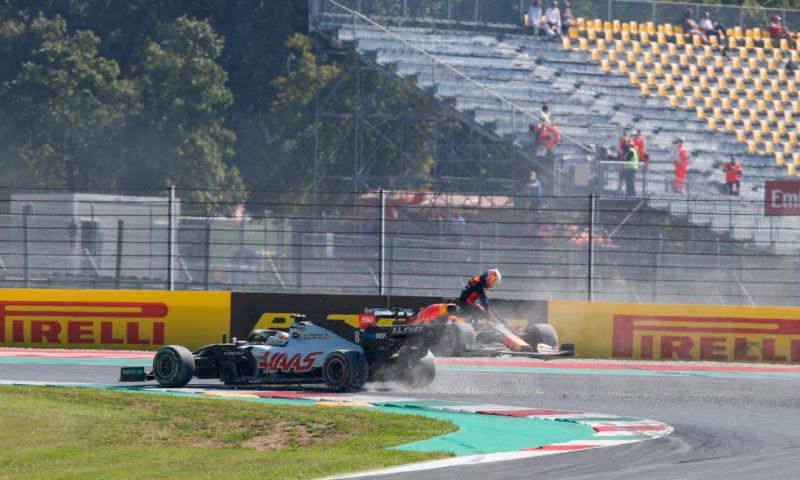Lammers about Verstappen's DNF: "It's so frustrating"
F1 News

- GPblog.com
Verstappen dropped out of Mugello pretty soon after the start and could be heard on the radio that he was logically angry because that's not what he was racing for. The anger that was heard was mainly directed at the team.
Responding to the team
That is what Jan Lammers says in the Formula 1 podcast of NPO Radio 1. "You're furious in general. Often your team is the first goal you set yourself. But it's just in a general sense. He also knows an hour after the race that everyone is doing their best and they thought they had it all together."
"It's so frustrating. Of course, he's standing there from a position of... 'Well, this could be it again. I can win again', and if something like that happens, you can't imagine it. It's a good thing you're in a car with a helmet on or whatever. We also expect that charge from him. He stands there at the start like a catapult pulled furthest back, then it all falls apart at once and it doesn't go on."
In other words, Lammers understands how Verstappen expressed himself but does ask some questions about how serious the problem of the Honda engine is. It seems to be more than just a defective sensor. This is also the third outage for Verstappen this year, which means that the power unit is not at all reliable.
Surely no electronic failure?
"I always thought it was an electronic failure. Sometimes those sensors give a false alarm and then that engine is thrown into a failsafe procedure, in other words, you only have seventy, eighty per cent of your power, because it detects that the temperature is too high or the petrol pressure is too low, or whatever it is. It detects something and then it's thrown into an emergency program.
"I thought it was something like that, but when I see the messages here and there and hear the feedback from Honda, it's not easy what happened. So he'll probably come to Sochi with another engine without getting a penalty. In any case, we are working very hard at the R&D centre there to fix the leak," concludes Lammers.

